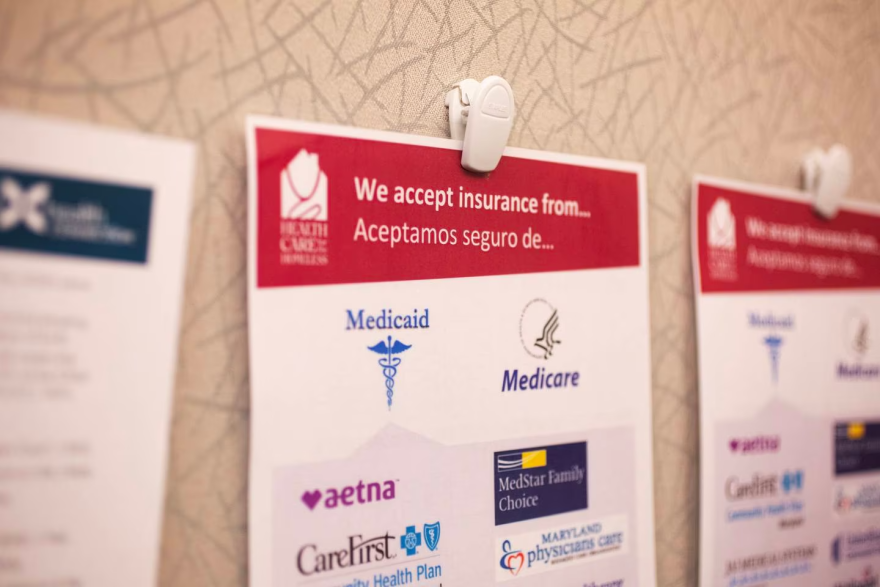About 170,000 Marylanders could lose healthcare if Congress fails to renew the expanded premium tax credits first implemented during the COVID-19 pandemic.
The tax credits help people of certain incomes who do not receive health insurance from the government or their employer pay for expensive healthcare premiums.
“Tens of millions of Americans benefited from the Affordable Care Act, but there were still those who, even with the subsidies, couldn't afford health care,” said Vincent DeMarco, president of Maryland Healthcare for All! “These advanced premium tax credits, first active in 2021 and renewed under the Inflation Reduction Act, have helped so many millions of people afford health care who couldn't before.”
The credits have also helped increase the overall quality of health insurance people can buy.
Before the credits took place, people with incomes above $58,000 a year were not eligible for assistance with their premiums. The credits have saved people about $700 dollars a year, according to the Center on Budget and Policy Priorities.
The Congressional Budget Office recently looked into the impacts of letting the credits expire nationally.
According to the report, 2.2 million people would lose health insurance in 2026 if the credits expire. That number would increase to 3.7 million in 2027 and an additional 3.8 million annual for the next eight years after that.
CBO also estimates that due to the loss of people in the insurance marketplace, premiums for everyone would increase by 4.3% in 2026, 7.7% in 2027 and then 7.9% annually for the eight years after.
Congress has a bill in play to extend the credits, but it will likely be contentious in the upcoming lame duck session.
Republicans like Sen. Mike Crapo (Idaho) have called the credits “costly” and said that they hide problems with the individual health insurance market.
The CBO projects that the credits will cost the federal government about $335 billion over the next 10 years.









